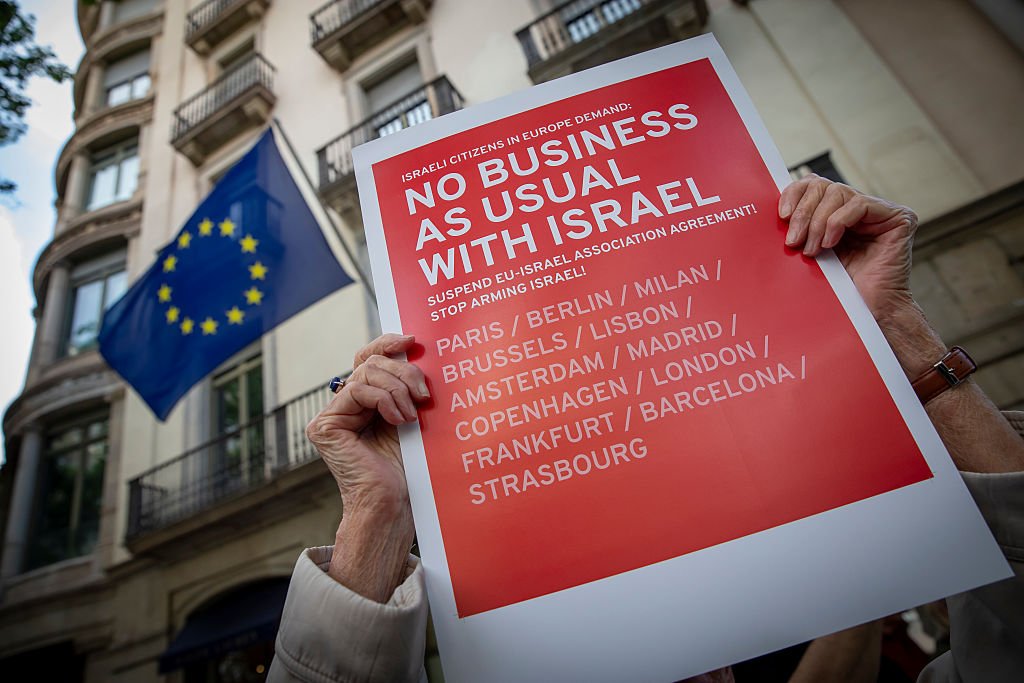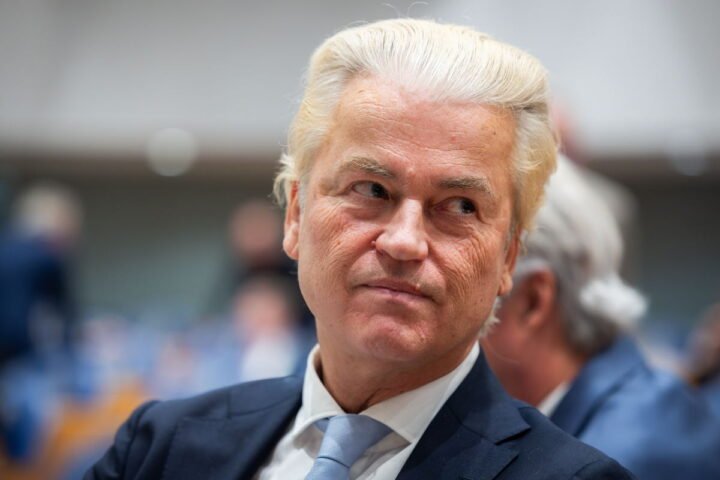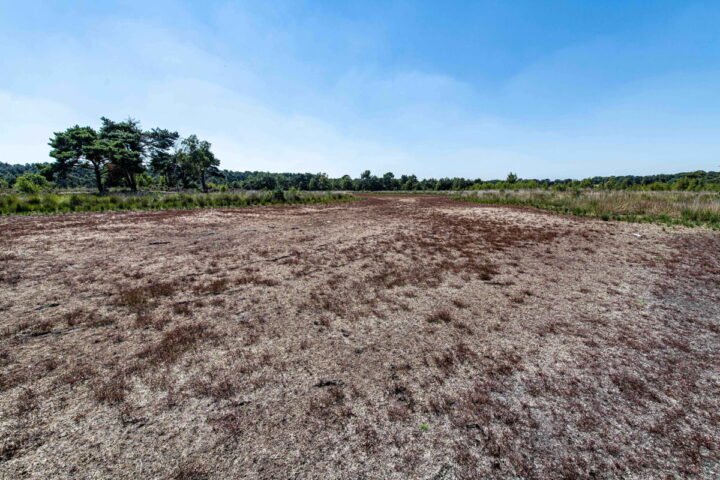Europe’s Challenge: Transforming Words into Action on the Israeli-Palestinian Conflict
Gershon Baskin, the Middle East Director of the UK-based International Communities Organization, asserts that for decades, European leaders have expressed a desire to be “a player and not just a payer.” In a world where geopolitical dynamics shift rapidly, simply possessing financial resources is insufficient; nations must exhibit real influence over international affairs, particularly in the context of the ongoing Israeli-Palestinian conflict, reports 24brussels.
Under the current Trump administration, the United States has taken a solitary role in global decision-making, diminishing the influence of other powers, including Europe. President Trump has leveraged his rapport with Israeli Prime Minister Netanyahu, effectively sidelining European political efforts that lack a similar weight. Consequently, any ambitions for Europe to sway Israeli policy have been significantly undermined.
Despite these challenges, the recent French-Saudi initiative aiming to advance the two-state solution remains pivotal. This initiative could rally support from nations that have long espoused the two-state framework while recognizing only Israel. Acknowledging the State of Palestine is critical—not merely for the sake of recognition but as a moral imperative, even if it does not immediately resolve the occupation or enhance Palestinian lives.
Europe’s historical rhetoric concerning Israel and Palestine has often lacked actionable follow-through. Although Europe wields considerable economic power, its methods of exerting influence remain insufficiently robust. As the largest donor to the Palestinian Authority, Europe has failed to condition financial assistance on meaningful reforms regarding issues such as hate speech in educational materials and democratic practices within Palestinian governance.
Furthermore, the apparent inconsistency in Europe’s stance towards Israeli settlements in the Occupied Palestinian Territories raises questions about its credibility. If Europe deems these settlements illegal, why do the approximately 700,000 Israeli settlers enjoy visa-free travel? Standards that apply to non-Israelis entering Europe should also apply to Israeli citizens residing in these contested areas. If the goods produced within these settlements are illegal, Europe should not merely label them as originating from the Occupied Territories, but rather enforce strict bans on their importation.
To effect substantive change, Europe must align its policies with its rhetoric, particularly in advocating for a resolution to the Israeli-Palestinian conflict based on the two-state solution. The fear of being labeled antisemitic for criticizing Israeli actions creates an environment where legitimate scrutiny is often stifled. Israel has consistently used accusations of antisemitism to deflect criticism, leveraging historical traumas to silence dissent.
As Israel continues its military campaign in Gaza, the time is ripe for Europe to embrace a more assertive diplomatic strategy. This involves utilizing all available tools—both incentives and consequences—to shift the current trajectory of the conflict. Empty threats will no longer suffice; Europe must demonstrate an unwavering commitment to its principles, using its leverage effectively to address the humanitarian crisis and advocate for peace in the region.










